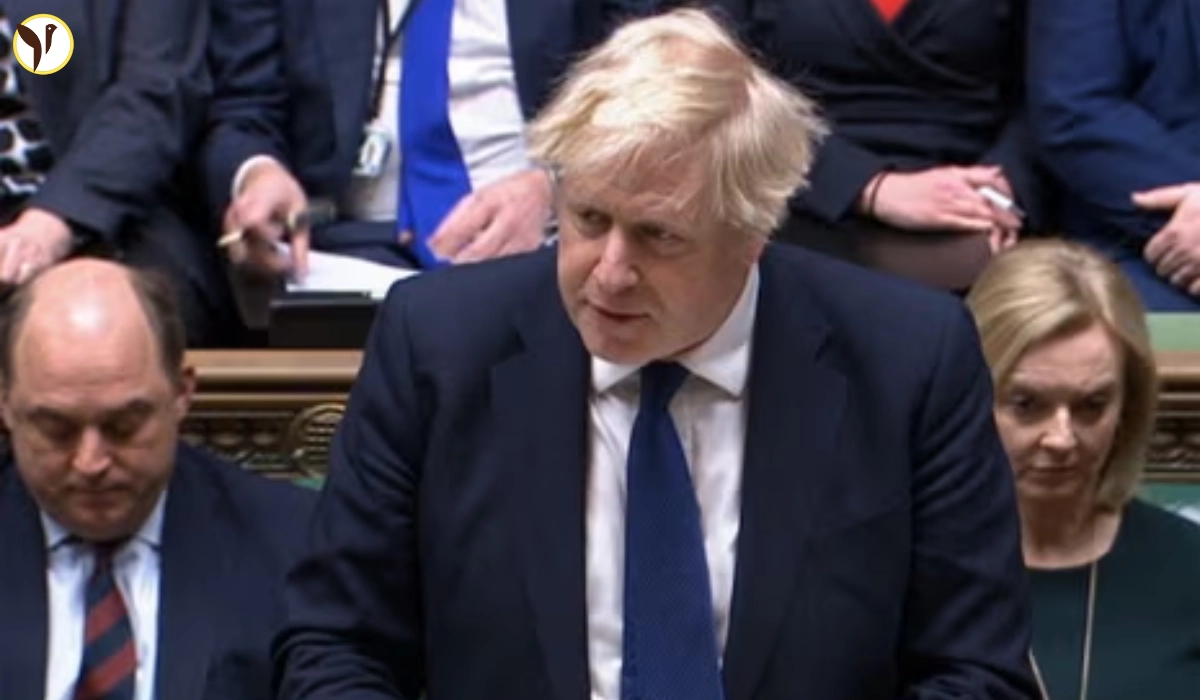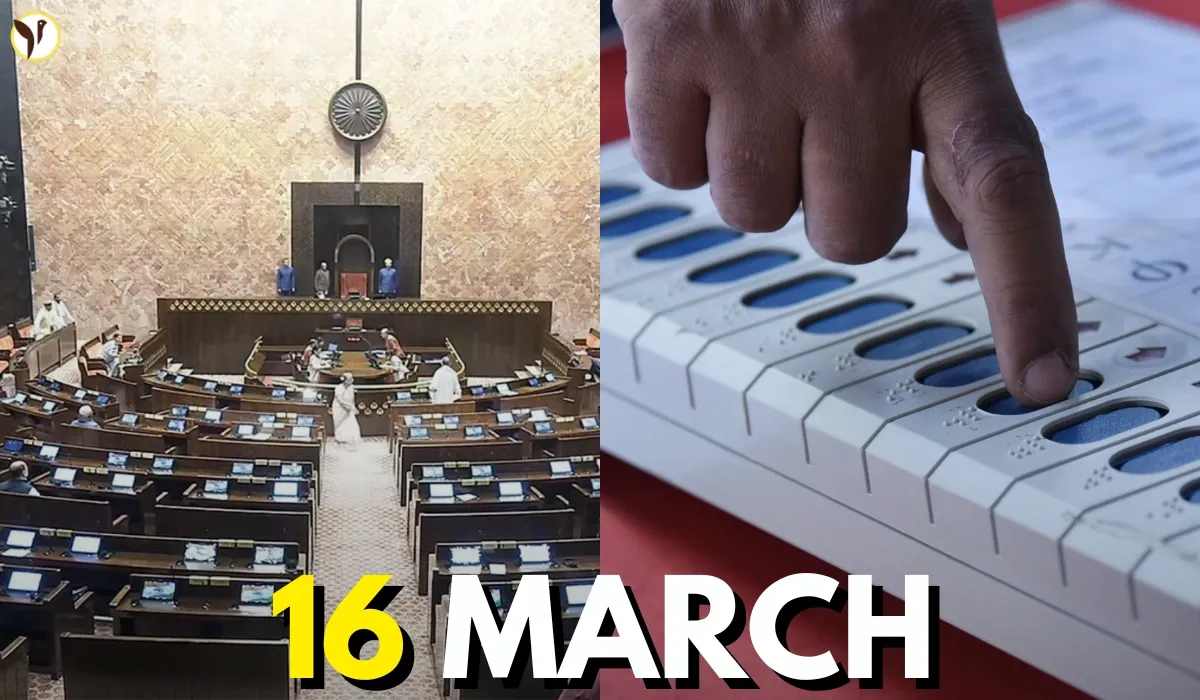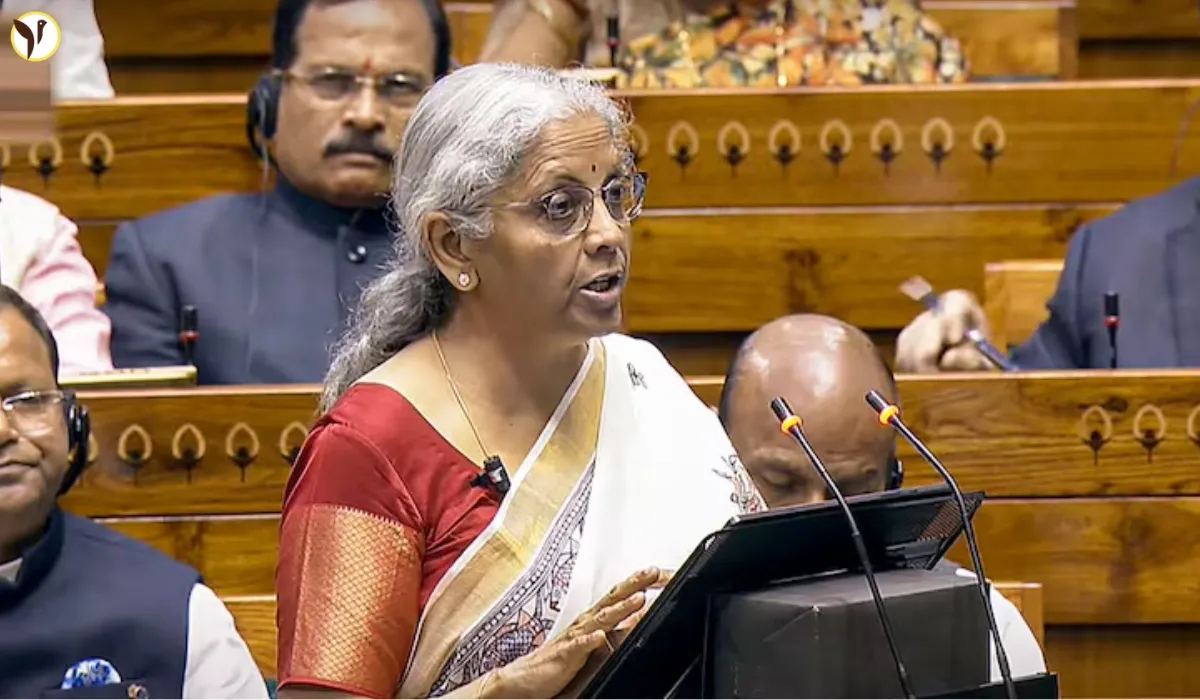House Speaker Johnson Throws Weight Behind Tougher Russia Sanctions
Things are heating up in Washington over Russia's ongoing war in Ukraine, and House Speaker Mike Johnson (R-La.) just added fuel to the fire. He's publicly backed a renewed push for serious sanctions against the Kremlin, a move that's got everyone talking – and not just because of the potential impact on Russia.
A Bipartisan Push for "Bone-Breaking" Sanctions
It's not just Johnson. There's a serious bipartisan effort brewing in the Senate, spearheaded by Senators Lindsey Graham (R-S.C.) and Richard Blumenthal (D-Conn.). Their proposed "Sanctioning Russia Act of 2025" is making waves, and honestly, it's pretty intense. We're talking about a whopping 500% tariff on any country buying Russian energy. That's a big deal, and it's designed to really hurt Russia's economy.
- The bill has over 80 Senate co-sponsors, showing broad support.
- Senator Graham expects Senate action this week.
- The goal: Make it too costly for other nations to support Putin's war machine.
Graham even made a point of saying there are House members ready to push this through. That sounds promising, right? But… there's a big "but."
The Trump Factor: Uncertainty Clouds the Horizon
Here's where things get complicated. President Trump has voiced frustration with Putin's actions in Ukraine, but he's been hesitant to commit to these severe sanctions. That's leaving a lot of people wondering what will actually happen. Senate Majority Leader John Thune (R-S.D.) acknowledged ongoing talks with the White House, indicating that the administration's position is still very much in play. I have to admit, I'm feeling a bit of uncertainty about how this will all play out. Will Trump sign the bill if it reaches his desk? That's a crucial question mark hanging over the whole thing.
Medicaid Cuts and a Fiscal Tightrope Walk
Speaking of uncertainty, Speaker Johnson is facing intense scrutiny over separate domestic policy issues. The House Republicans' recent legislative push has caused serious concerns about deep cuts to the Medicaid program. Johnson has been vigorously defending the bill, repeatedly denying that it cuts Medicaid despite clear evidence to the contrary. Critics point to the Congressional Budget Office's projections of millions losing coverage and experts are sounding the alarm over the potential impact on healthcare access for vulnerable Americans. The conflicting narratives surrounding the bill, combined with the President's wavering support on Russia sanctions, present a complicated scenario. There is a lot of mixed information being thrown around. It's hard to know who to trust!
The Road Ahead: A Political Tightrope
The situation is tense. With the Senate moving forward on the Russia sanctions bill, and the internal debates within the Republican party swirling around the impact of other legislation, the coming weeks are shaping up to be crucial. The public needs clear, transparent information about both the impact of potential sanctions on Russia and the consequences of cuts to essential social programs. The political fallout, both domestically and internationally, could be significant. This is definitely a story to follow closely.









